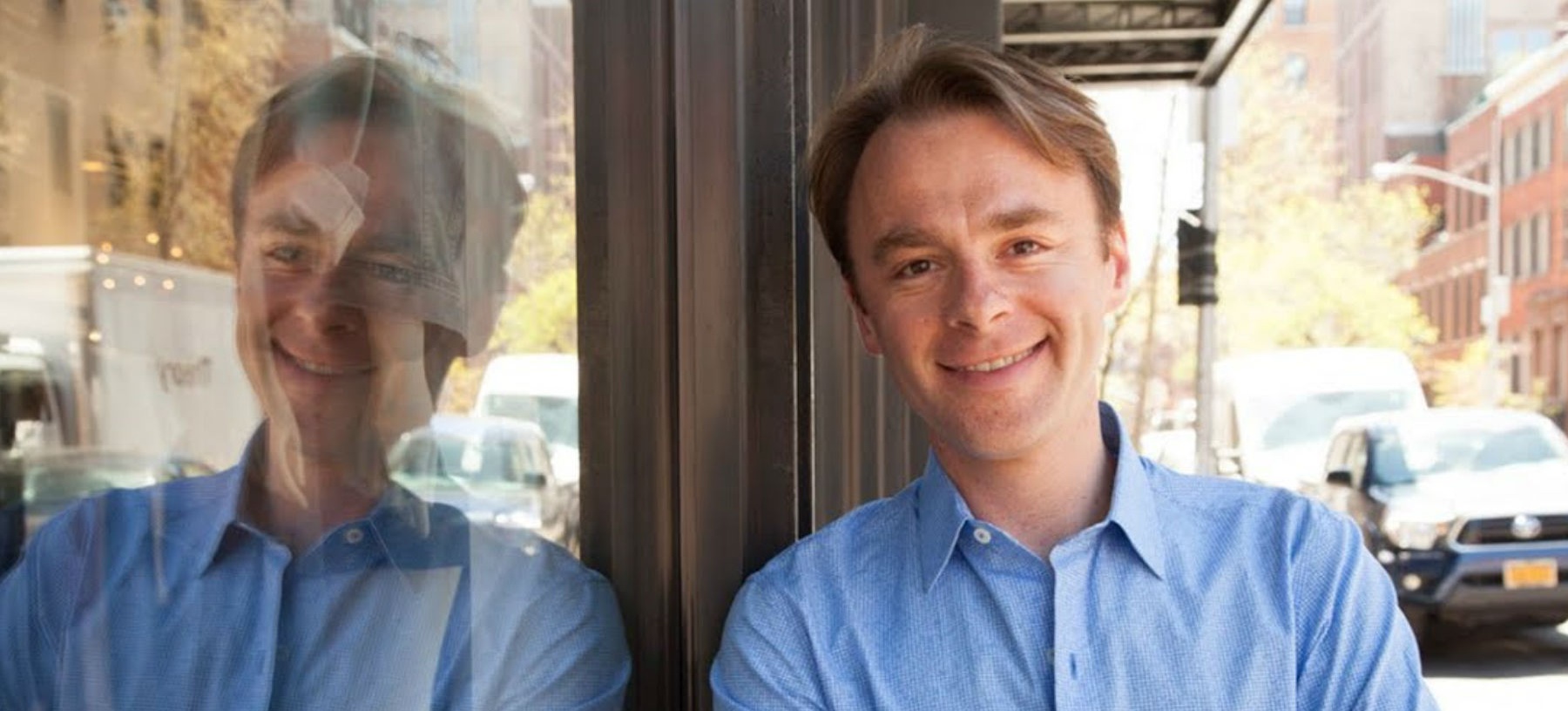A leap forward in AI ethics and safety
July 5, 2024

I am the world’s leading scholar having coined the term in the early 2000s when I was a student at Harvard Business School. I also host a podcast called FOMO Sapiens. Today, we live in a world of overwhelming choice. With Amazon, Netflix, LinkedIn, and Instagram at our fingertips, personal and professional choices seem infinite. This information overload — layered on top of the constant ability to compare ourselves to others — can induce decision paralysis. In turn, this decision paralysis is compounded by two universal emotions: FOMO, the fear of missing out, and FOBO, the fear of better options. I wrote this book to help readers to make better decisions and live more decisively even in a world where we have so many options.
A significant percentage of people in the world will never have to worry about FOMO and FOBO. In order to have FOBO, you must have options. In order to have FOMO, you have to see what you are missing out on and believe that it could somehow be possible for you. When you boil them down to their essence, both FOMO and FOBO are afflictions of abundance. They require you to believe that you have options in life and that you could explore those opportunities under the right circumstances. That is clearly not true for everybody. You don’t have to go to Lebanon to meet people who have few to no options in life. You’ve surely seen it in your own community and perhaps even among your own friends and family. Whether due to illness, poverty, war, repression, or lack of opportunities, when you are marginalized, life is devoid of choices.
Now contrast that harsh reality with how life looks for the privileged few who, by the nature of their achievements, their background, and perhaps their birth, live in an extraordinarily choice-rich environment. It should not be too surprising that such people enjoy far more autonomy and leverage than others in society. That’s always been the case. If you’re a king or a captain, a CEO or a celebrity, you travel through life in first class while the rest of the world flies coach. Of course, you don’t have to be the leader of a country or a movie star to enjoy the benefits that come with privilege. If you’re even relatively affluent, you can afford to acquire many more experiences or products than a person of modest means. If you’re hyperintelligent and driven, you will tend to have a broader range of professional opportunities. If you’re good looking and have a sparkling personality, you will have an abundance of choices when it comes to dating. None of these things are bad. There’s nothing wrong with being born on third base or making the most of what you’ve got.
The irony, of course, is that despite all of the arrows in your quiver, you may well end up in a very similar place to all those people who are facing a scarcity of choices. When you live in a choice-rich environment, you can end up frozen, suspended in time, due to your own indecision. The difference, of course, is that when you’re operating in a choice-rich environment, this is a self-inflicted condition. It’s fed by your environment, of course, but if you choose not to fight it, then it’s yours and you own it. It is also a circumstance that anyone in that refugee camp would willingly take on if they could. While their universe of alternatives has been shrinking, it seems like most everybody else is increasingly drowning in choice.
Although the acronym to describe them is new, the impulses behind FOMO are not. From a neurobiological point of view, humans are hard-wired for it. Our earliest ancestors were hunter-gatherers that lived in tribes and were aware of what they had – and what they didn’t have but needed – to live another day. Back then, it paid to be paranoid. If you were wandering around with your fellow hominids and you missed out on a crucial source of food, water, or shelter, all of your lives could be in peril. These impulses remain in our collective psyche today. That’s why so many people panic shopped for hand sanitizer and toilet paper the minute they heard supplies were running out. At the same time, the early humans recognized that another driver of their survival was their continued participation in the very groups that helped them to navigate the harsh environment of the time. If you were cast out of the group, you were in danger. You knew that you needed to run in a pack to prevail in the survival of the fittest. This desire to be part of the group, to be social, is what makes social distancing, even when our lives depend on it, so hard on all of us. We are built to run in packs. Of course, with the proliferation of connectivity and social media, these packs are everywhere and they distract us and cause us mental health issues, stress, and productivity losses.
To attack FOMO, you need to deeply think about whether your perception at all corresponds to reality, and what are your motivations for doing something?”So, when you feel it, ask yourself:
I’m interested in resilience and how to build resilient careers and lives in a world of unexpected changes.
Thank you Patrick McGinnis
Thank you Bertrand
The book: Fear Of Missing Out, Patrick McGinnis, Sourcebook, 2020.